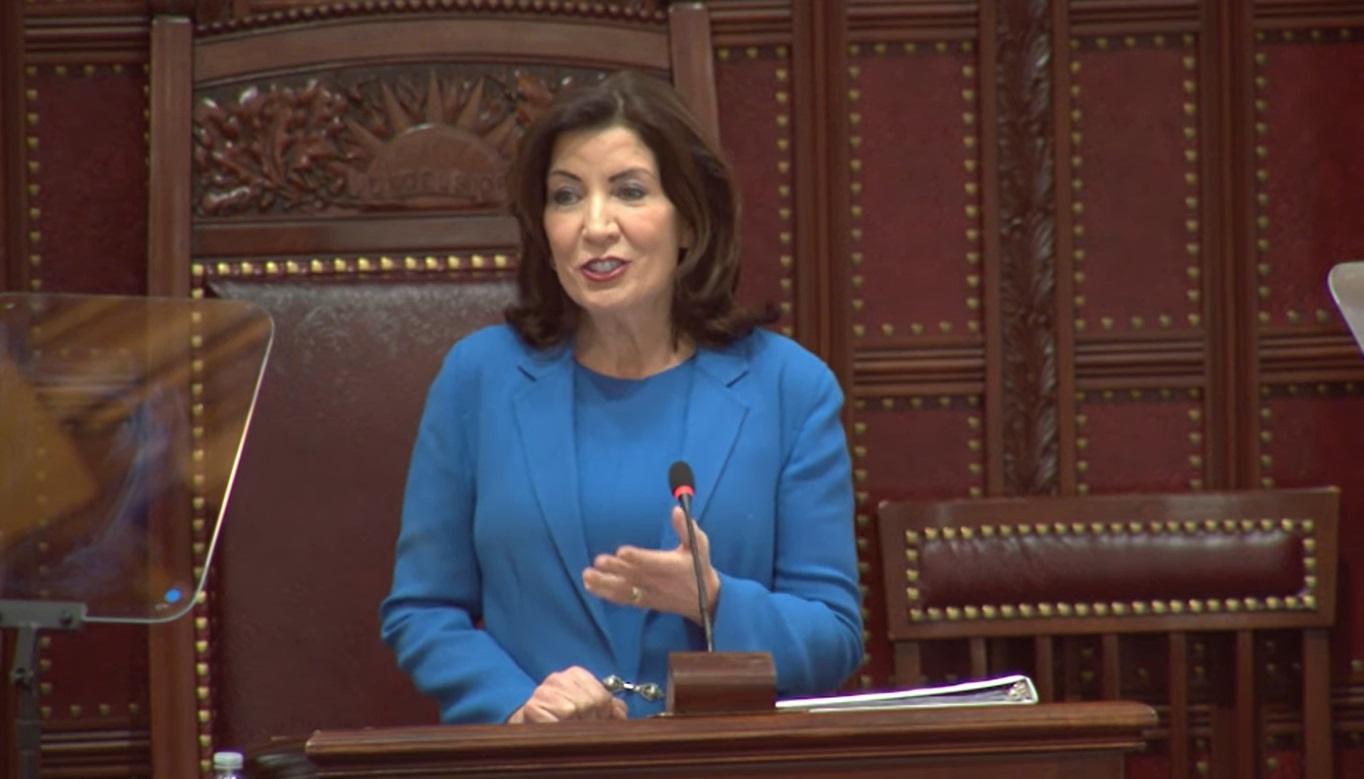UK’s DWP Releases Results of Consultation on Upcoming Climate Reporting Rules for Pension Schemes
The UK’s Department for Works and Pensions (DWP) released the results of its consultation regarding plans for new climate risk disclosures from pension schemes.
The consultation followed the announcement by the DWP in August 2020 that it would require pension schemes with £5 billion or more in assets, and including all authorised master trusts to assess and report on the financial risks of climate change, in line with the recommendations of the Task Force on Climate-related Financial Disclosures (TCFD), within their portfolios by the end of 2022, followed by schemes with £1 billion or more in assets the following year.
In a forward released with the report, Minister for Pensions and Financial Inclusion Guy Opperman wrote:
“Climate change is a major systemic financial risk and threat to the long-term sustainability of UK private pensions. With almost £2 trillion in assets under management, all pension schemes are exposed to climate-related risks and I am committed to ensuring trustees do everything they can to limit this risk to their members’ future retirement income.”
According to the DWP, very few of the respondents to the consultation were opposed to the proposals in full, with the majority supportive to the proposals about trustees’ governance of climate-related risks and opportunities. Some respondents took issue with the asset thresholds used to determine the requirements to follow the new rules, either suggesting they only include the risk assets held by the scheme, or that the £1 billion threshold be raised, at least initially. Some also suggested that the timescales to implementation were ambitious, with suggestions to postpone the new requirements.
In response to respondents concerns regarding the short time to implementation, the DWP responded that given the urgency of climate risk, pushing out the timelines would “unnecessarily delay an aspect of policy on which action is urgently needed.” The DWP did, however, implement changes to the new rules allowing schemes 7 calendar months from the scheme year end date in which to prepare and publish their first TCFD reports.
Respondents also raised concerns about the ability to collect data for asset classes outside of public equity or corporate debt, due to the low level of climate reporting for classes including derivative-based investment strategies, private market investments and property funds. According to the DWP, however, the rules provide the required flexibility to deal with these situations, indicating that trustees need to obtain and calculate emissions data for all asset classes only “as far as they are able.”
Commenting on the DWP’s updated guidance, Rachel Haworth, UK Policy Manager at responsible investment NGO ShareAction said:
“Without mandatory TCFD reporting, financial markets will continue to fail to price in the risks posed by the climate crisis. The Department for Work and Pensions (DWP) has broken new and important ground in developing detailed regulations and guidance in this area. It is critical for pension funds to take a forward-focused approach to managing climate risk to safeguard both the financial interests of their beneficiaries and the stability of the wider world in which they live. Moreover, we believe this work paved the way for the UK Government’s subsequent announcement of its intention to make TCFD-aligned disclosures mandatory across the economy by 2025, with a significant portion of mandatory requirements in place by 2023.”
Haworth added, however, “this is a positive start, ensuring financial markets are pricing in climate-related financial risks. However, climate change is a systemic challenge which individual investors will struggle to manage on a portfolio-by-portfolio basis. Rather, economic transformation is required. DWP states that it has explored the methodologies available for measuring the climate impacts of pension fund portfolios but concluded that more work is required before these can be implemented. We call on DWP and the pensions industry to accelerate this work in line with the urgency and scale of the climate crisis.”






